 Get
Get
Mauritian Rupees Fast!
- Free home delivery over £750
- with Royal Mail Special Delivery 1pm
- Better rates than the banks

Planning a trip to Mauritius?
Secure the best Mauritian rupee exchange rates online
Embarking on a journey to Mauritius? Enhance your travel experience by buying Mauritian rupees from Manor FX.
Our competitive exchange rates guarantee you get more value for your money. Get the best rate for Mauritian rupees (MUR) for your adventure.
You can opt for a convenient home or office delivery or collect an online order in person.
Alternatively, visit our Manor FX bureau near Heathrow to convert GBP to Mauritian rupees in person.
Trust Manor FX for quick delivery and an effortless online process when exchanging British pounds to Mauritian rupees.

“Easy process from start to finish. Competitive prices and excellent customer support. Would highly recommend and will use again.”
Emma Thompson

Mauritius travel money
Familiarise yourself with cash and card payments in Mauritius to be fully prepared for your trip.
What is the currency in Mauritius?
The official currency of Mauritius is the Mauritian rupee, and the currency code is MUR.
Can you buy Mauritian rupees in England?
Yes, but it can be challenging, as they are less readily available than more common currencies.
We make it easy to get your Mauritius travel money with a great pound to Mauritian rupee exchange rates and fast home delivery or in-store collection.
Our rates ensure you get the most value when exchanging GBP to MUR, helping you avoid high airport fees.
Prefer to exchange in person? Visit our Manor FX bureau near Heathrow, where you’ll still get fantastic rates when converting British pounds to Mauritian rupees.
Got leftover currency after your trip? We’ll help you convert it back to pounds hassle-free.
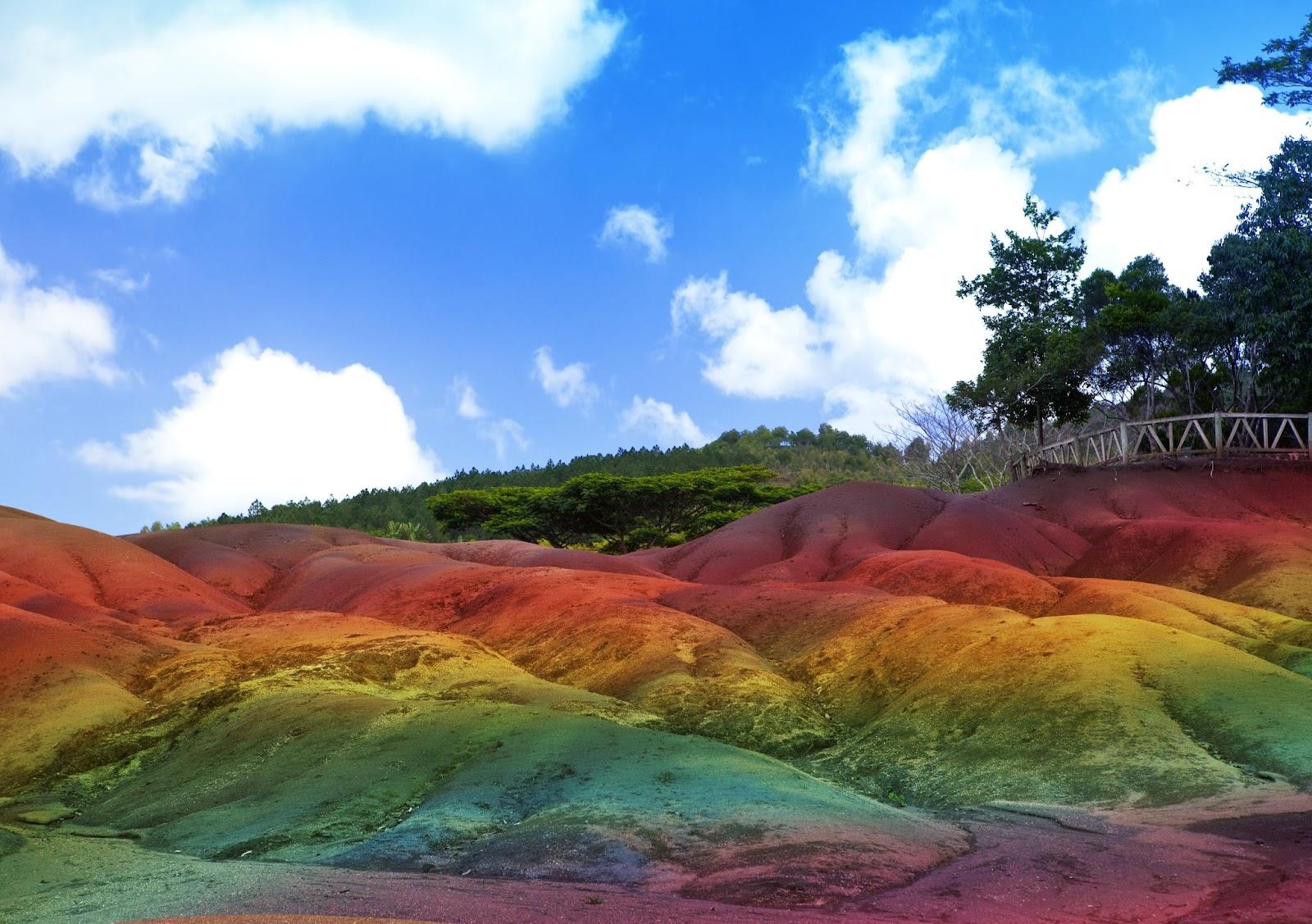
Is it better to exchange money in the UK or Mauritius?
We highly recommended to convert UK pounds to Mauritian rupees in the UK.
Exchanging some money before your trip gives you a head start, and we offer the best Mauritian rupee rate.
You’ll have spending money for initial expenses, providing peace of mind.
What is the best currency to use in Mauritius?
The ideal currency for Mauritius is the MUR, the official currency, which is widely accepted for everyday expenses like shopping, dining, and transport.
Euros (EUR) and US dollars (USD) are also accepted, especially for exchange into rupees. Carry some EUR or USD if you’re visiting popular tourist spots.
Having rupees for smaller transactions is crucial.
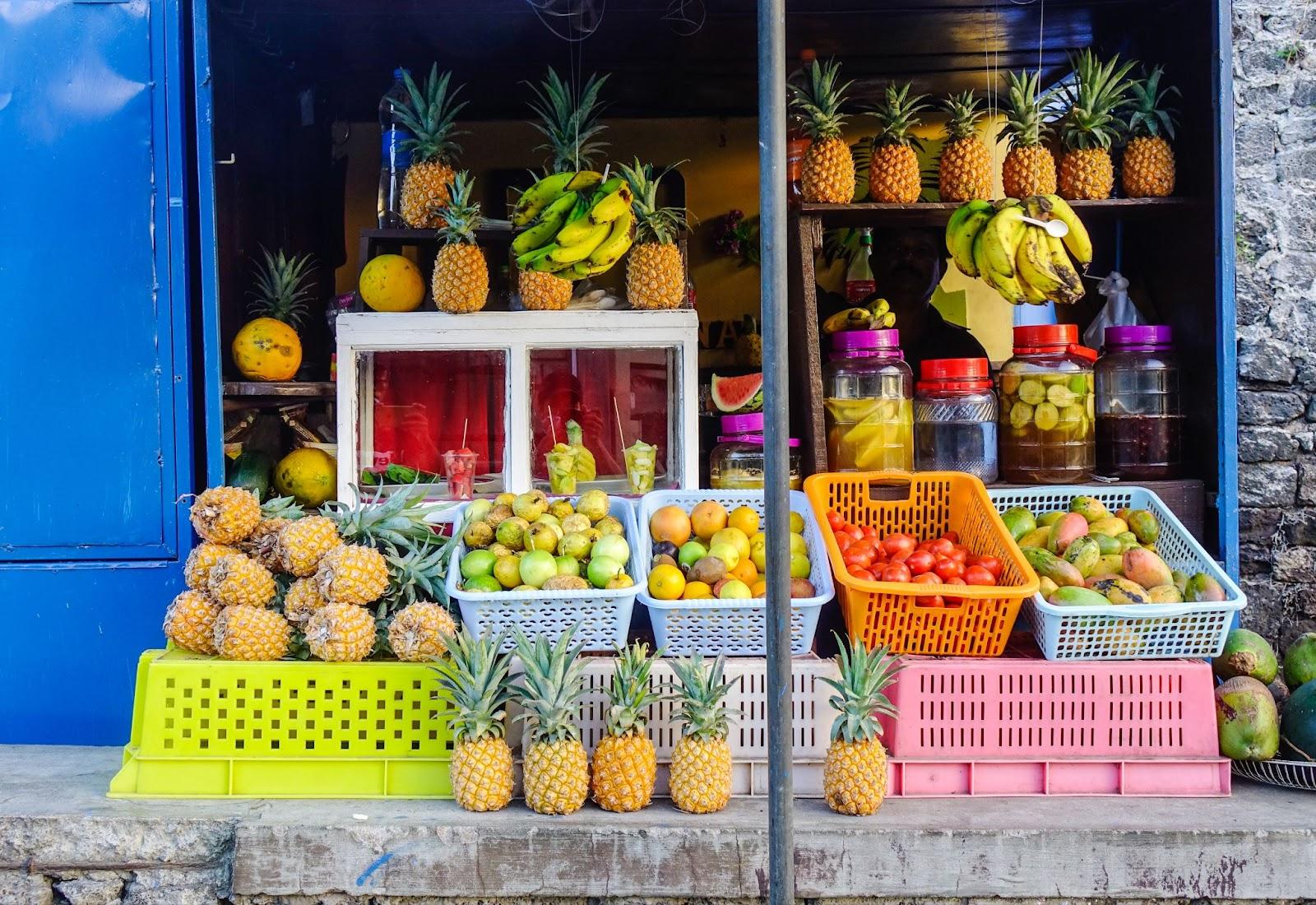
Can I use UK debit or credit cards in Mauritius?
Major credit and debit cards work in most urban and tourist areas. However, be aware that card acceptance might be limited in remote areas. Carrying cash is advisable.
ATMs allow withdrawals in rupees but check for any fees.
Inform your bank about your travel plans to avoid any account issues.
Is it better to have cash or card in Mauritius?
Both are useful. Cash, especially in Mauritian rupees, is recommended for everyday transactions, and credit cards are handy in cities and tourist areas.
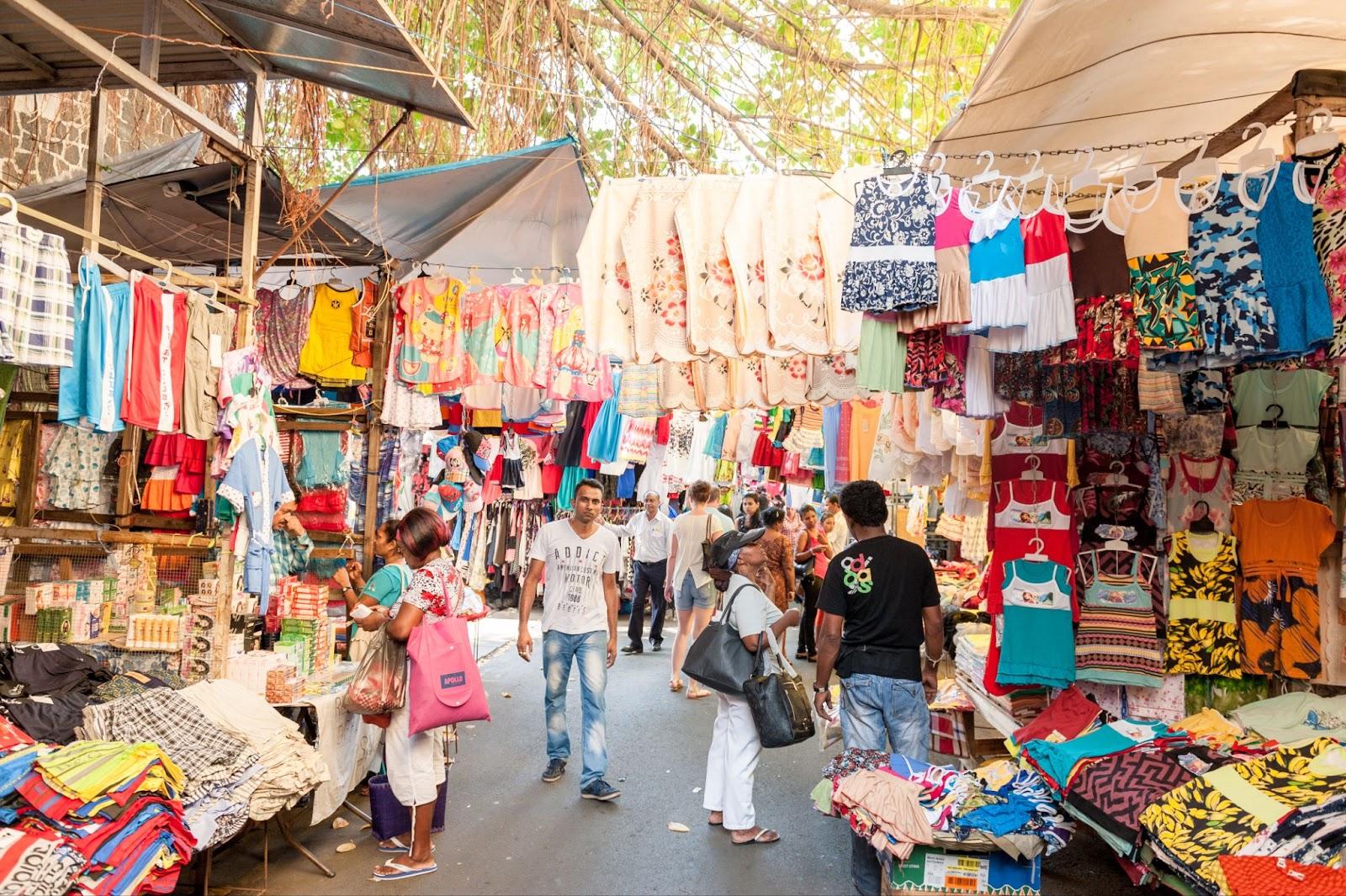
Should you take cash to Mauritius?
Yes, taking some cash in Mauritian rupees for small purchases, taxis, and markets is a good idea, as not all places accept cards.
How much cash should I take to Mauritius?
Your budget depends on your travel style and duration. Here’s a rough guide:
- Budget travellers: £30-£50 per day covers basic accommodation, local dining, and transportation.
- Mid-range travellers: £50-£100 per day covers more comfortable stays, dining, and tours.
- Luxury travellers: Over £100 daily is enough for upscale hotels, fine dining, and excursions.
Always have enough cash for areas with limited ATM or card services.
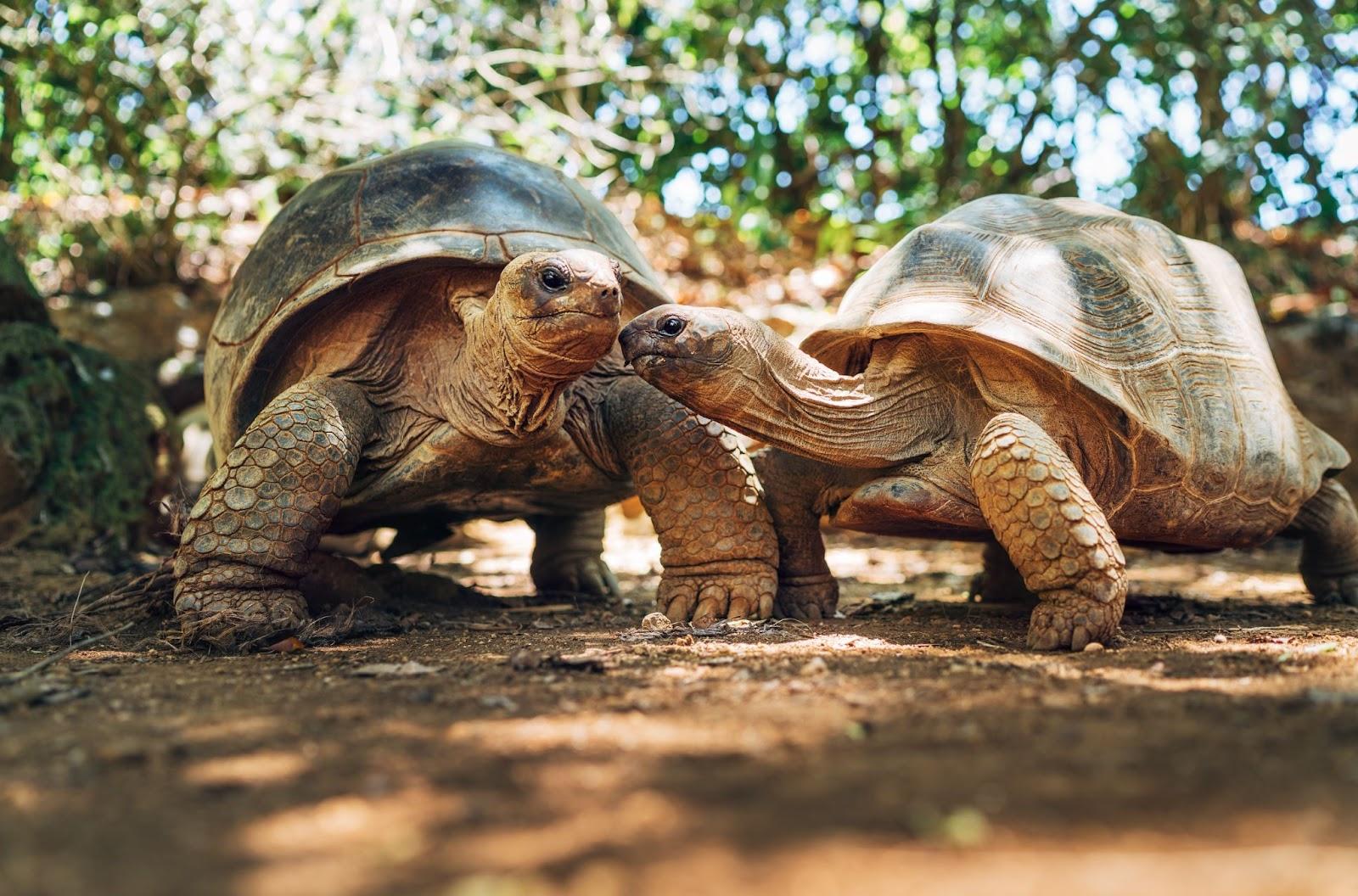
How to minimise ATM fees in Mauritius
To minimise ATM fees, use ATMs of major banks for lower fees and withdraw larger amounts less frequently.
Check if your home bank has partner banks in Mauritius for potentially lower fees.
When you get back, we’ll help you convert any leftover Mauritius currency to UK pounds.
Should you tip in Mauritius?
Tipping is less standard but appreciated. 5-10% is common in restaurants. For tour guides and drivers, 5-10% of the tour cost is usual. Hotels and porters appreciate modest tips.
In remote areas, consider small gifts instead of cash.
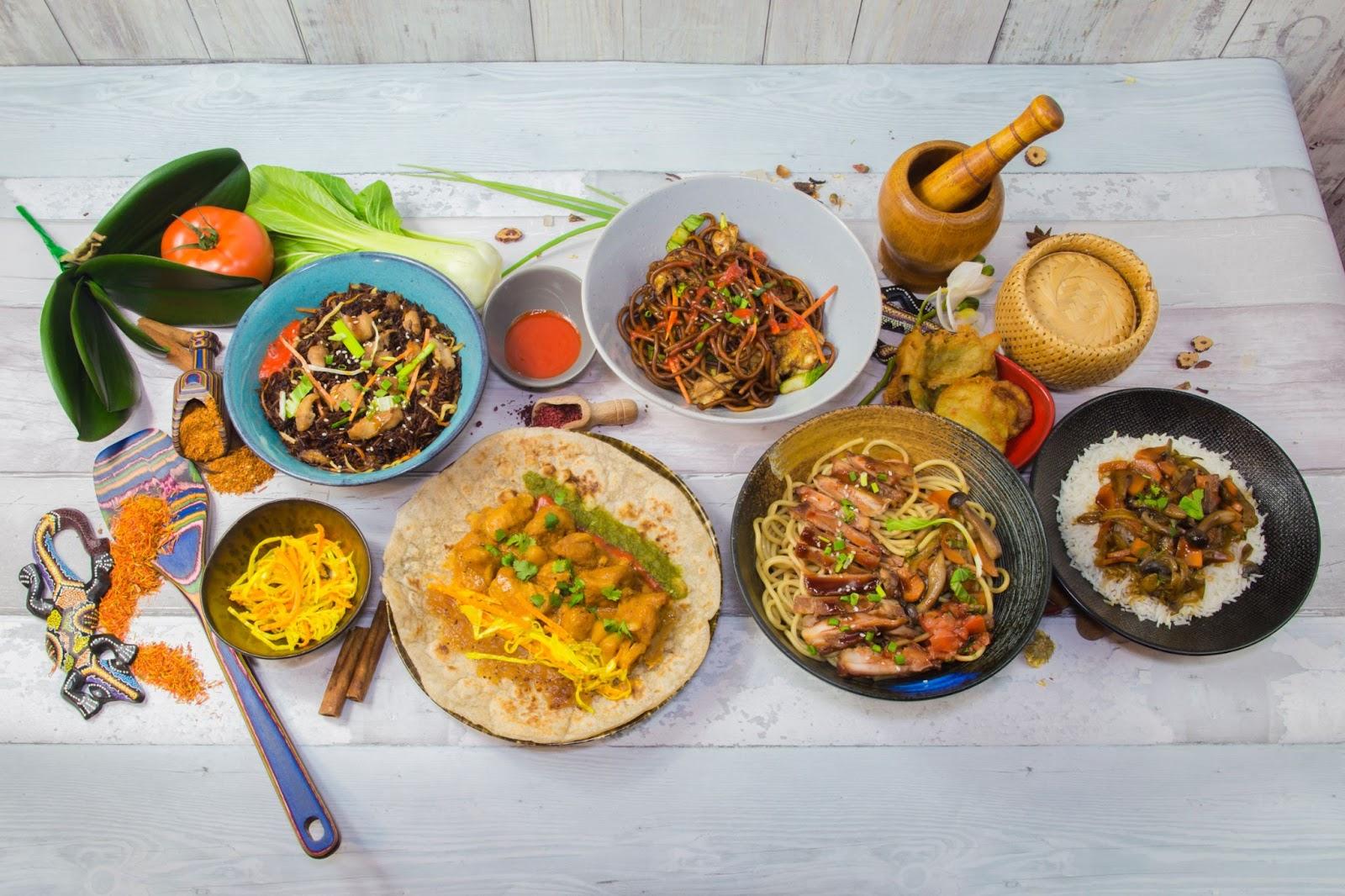
Is 100 rupees a good tip in Mauritius?
Yes, 100 Mauritian rupees (around £2) is a good tip for restaurant staff, hotel service, or drivers.
Is Mauritius affordable?
Mauritius can be budget-friendly. Costs vary with travel style, but options suit various budgets.
A cafe coffee in Port Louis might cost around 50 MUR (£1). A three-course meal in a mid-range restaurant could be about 1,500 MUR (£30).
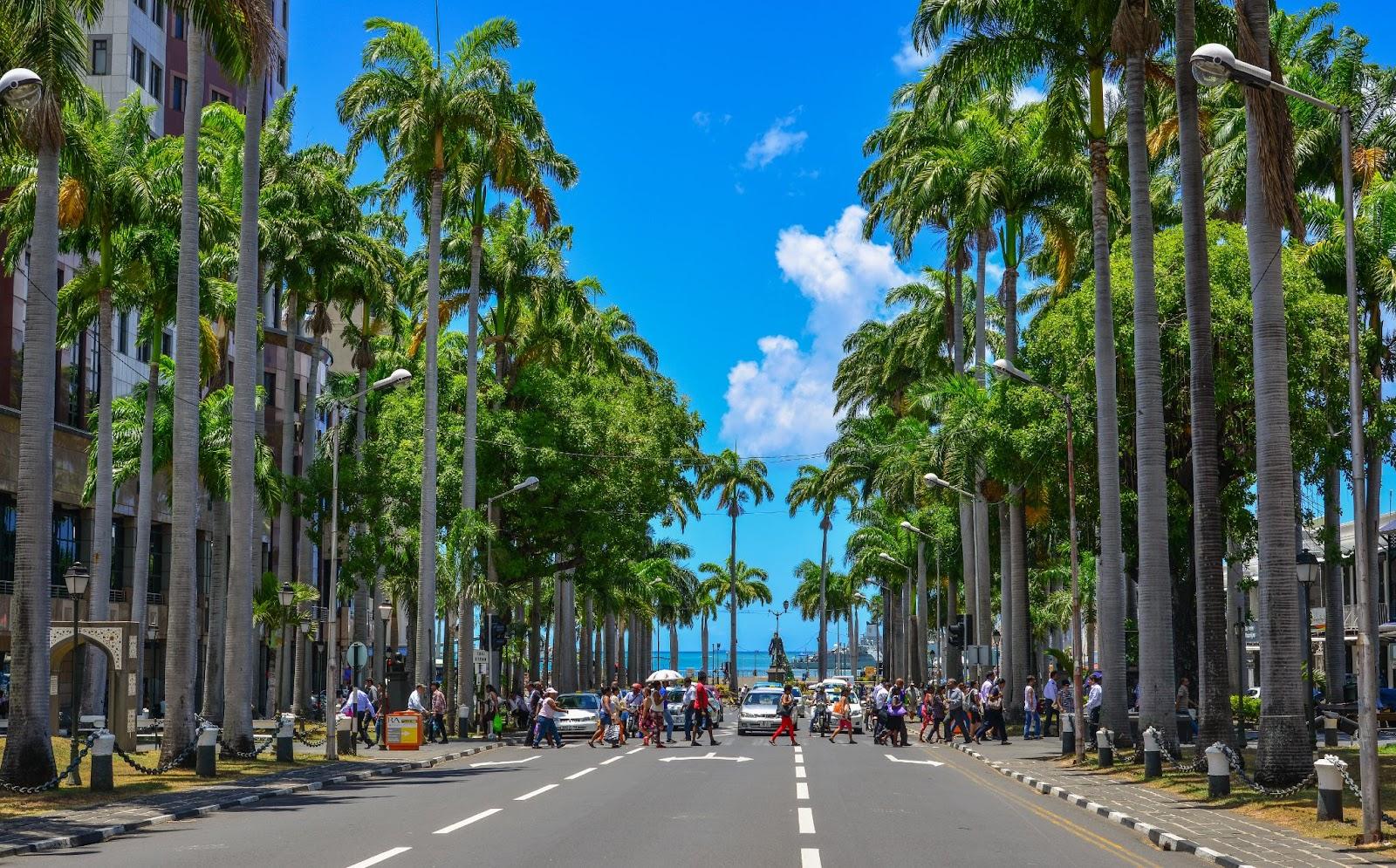
Buy your rupees now
Mauritius currency
Banknotes
Mauritian banknotes are a fascinating blend of vibrant colours and intricate designs. Each one tells a story about the island’s rich culture and history.
The currency comes in various denominations – 25, 50, 100, 200, 500, 1000, and 2000 Mauritian rupees. The lower denominations are commonly used for daily transactions, while higher values are reserved for larger purchases.
The imagery on the banknotes celebrates Mauritius’s diverse ecosystem and significant historical figures, showcasing the island’s unique identity.
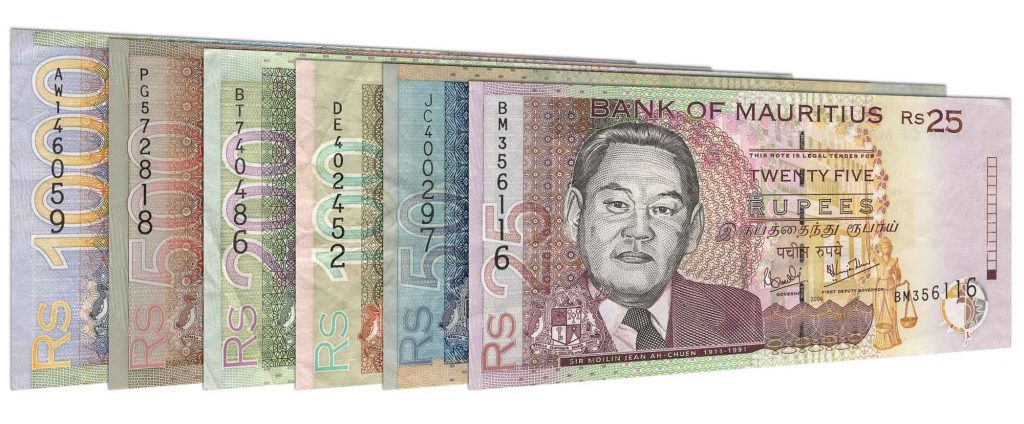
Coins
Mauritian coins are integral to the island’s monetary system, offering a glimpse into its cultural richness.
These coins come in various denominations, including 1, 5, 10, 20, 50 cents, and 1, 5, 10, and 20 Mauritian rupees. They are functional and serve as small emblems of Mauritius’s diverse heritage.
The design of Mauritian coins often features the nation’s unique flora and fauna, celebrating its environmental diversity. Some coins also depict significant historical sites or symbols that are culturally important to Mauritius.
This makes them useful for everyday transactions and interesting for those who appreciate the blend of history and nature.
Mauritian currency import and export regulations
You can carry up to 500,000 MUR without documentation. For foreign currency above €10,000, a declaration is advisable. Check with the Mauritian embassy for updates before travelling.
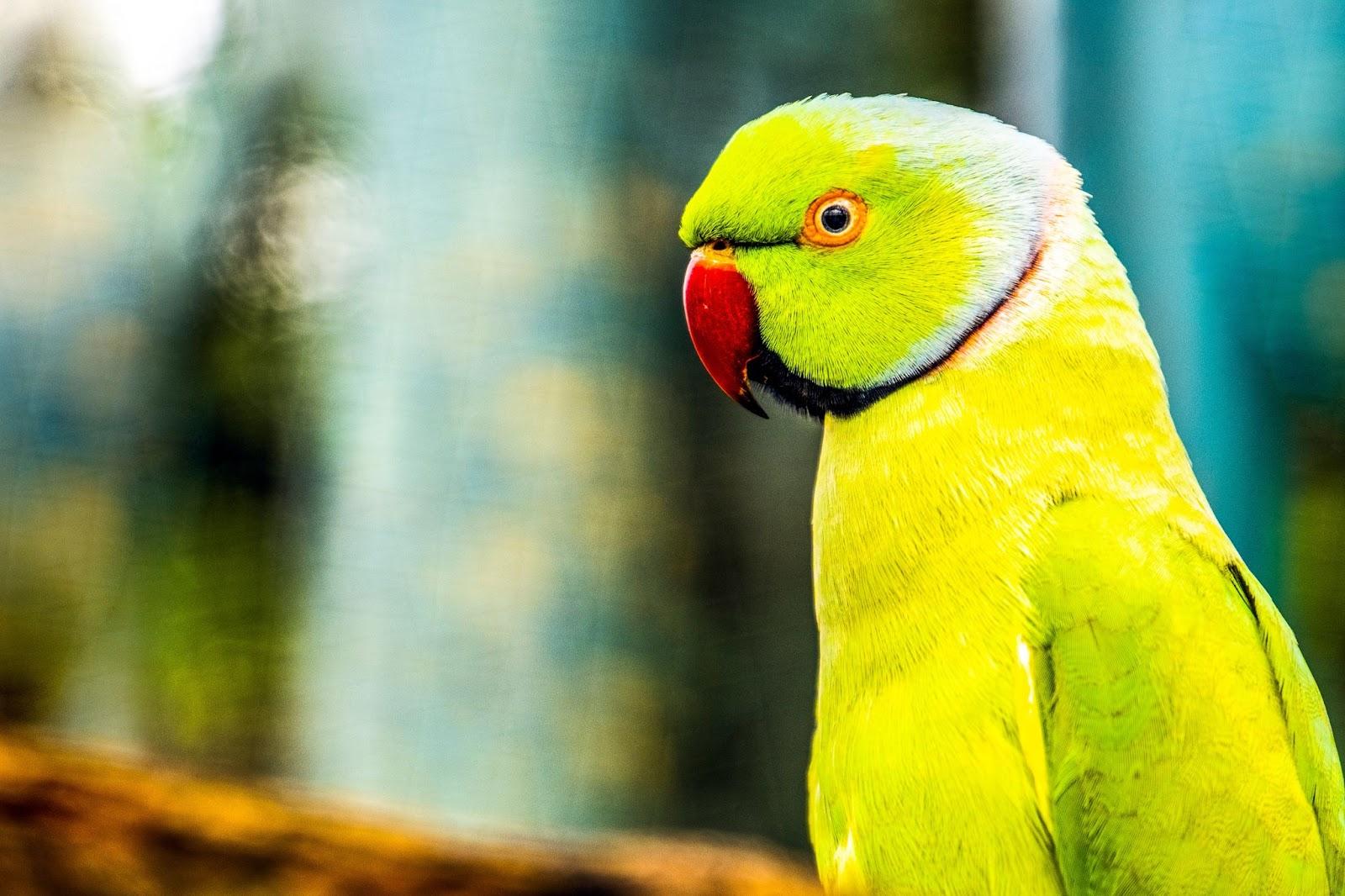
Buy Mauritian rupees online
Order Mauritian rupees online and get great rates and fast and secure delivery straight to your home or office, guaranteed by Royal Mail Special Delivery®.
Free delivery is available when you spend £750 or more. There is no minimum order value or maximum value.
Or, if you prefer, collect orders for Mauritian rupees directly from our travel money store near Heathrow.
Click here to exchange GBP to Mauritian rupees.
Selling back Mauritian rupees
Need to convert Mauritian rupees to GBP? Simply use this link to convert Mauritian rupees to pound sterling. (MUR to GBP.)
Click on ‘sell currency’ and select ‘MUR Mauritian rupees’. We provide the best Mauritius currency exchange rate (MUR exchange rate) for your Mauritius currency to GBP conversion.
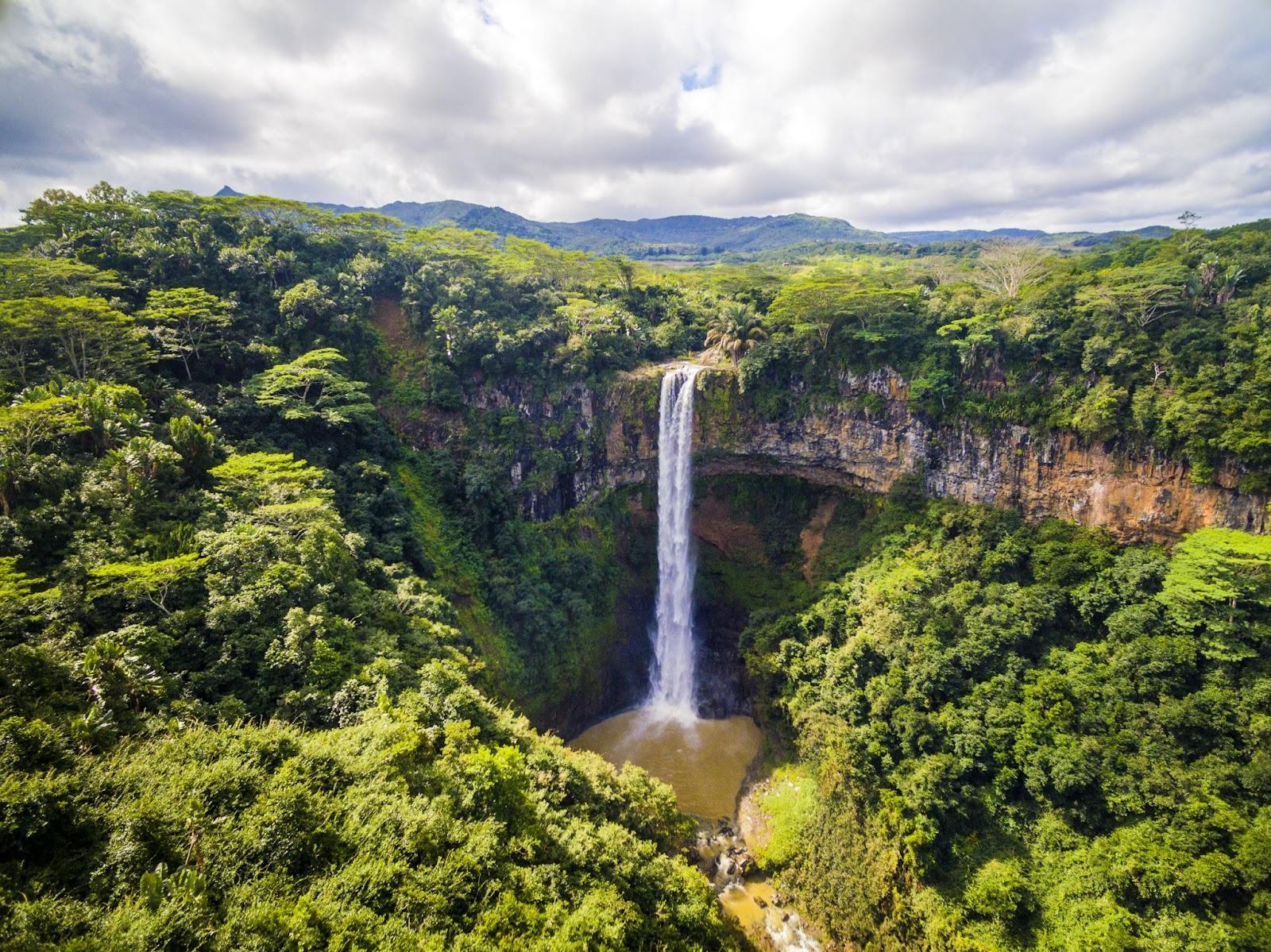
FAQs
Do UK passport holders need a visa for Mauritius?
No, UK passport holders do not need a visa for Mauritius for stays of up to 60 days. However, you must have a valid passport (at least until departure), proof of onward travel, and accommodation details.
What jabs do I need for Mauritius?
Most travellers to Mauritius do not need to take any vaccines.
However, recommended vaccinations include Hepatitis A, Hepatitis B, Typhoid, and Tetanus.
A yellow fever vaccination is mandatory if arriving from a yellow fever-risk country.
Always check with a travel clinic before your trip.
What is the best time to go to Mauritius?
The best time to visit Mauritius is from May to December, during the dry, cool season with pleasant temperatures and low humidity.
If you prefer warmer weather, October and November offer ideal conditions. Avoid January to March because of cyclone risks.
Is tap water safe in Mauritius?
Tap water in Mauritius is generally safe to drink, but it may not always be consistent in quality. For peace of mind, especially in rural areas or during heavy rains, it’s best to drink bottled or filtered water.
How many Mauritian rupees to a pound?
As of February 4, 2025, 1 British Pound (GBP) is approximately equal to 58.64 Mauritian Rupees (MUR).
Exchange rates fluctuate, so it’s advisable to check the current rate before making any currency conversions.

Feel the Trustpilot love

Great competitive rates & friendly & helpful staff. Easy to order online & collect in person or delivery.

Great, fast and reliable service would certainly use again for my travel needs, as the rates are the best around!

This amazing company have gone above and beyond in getting a large amount of a rare currency across the pond to Ireland.

Great rates and really responsive, friendly customer support, will definitely be using Manor FX again.

Manor FX gave me a better rate than my bank with great customer service, I highly recommend them.

Family run business that’s always super helpful. Manor FX’s rates are always really good as well!
 Get
Get
Mauritian Rupees Fast!
- Free home delivery over £750
- with Royal Mail Special Delivery 1pm
- Better rates than the banks